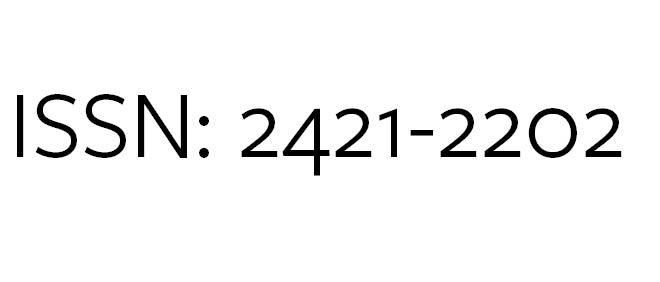Fostering organizations’ health and employees’ well-being in Japan. Issues in practices of organization health and United Health Communication’s challenges
Akira Tsuda, Yasuto Shirataki
In the current Japanese economy and social security, well-being is perceived as not high enough. High suicide rates, low birth rates, and death caused by over-working are serious issues. Currently, Japanese government institutions, Ministry of Economy, Trade and Industry (METI) and Ministry of Health, Labour and Welfare (MHLW), urge firms to take responsibility for employees’ health and well-being. A METI’s campaign “Work Style Innovation” aims at reducing working hours and establishing work life balance within employees. Common opinion that companies should have responsibilities for employees’ health has started forming a new managerial concept. “Kenkou Keiei - Health Management” is becoming a common term among business people. The importance of increasing the development of innovative services and the usage of companies’ health services by employees is emphasized.
Keywords
stress, organization health, employees’ well-being, prevention



